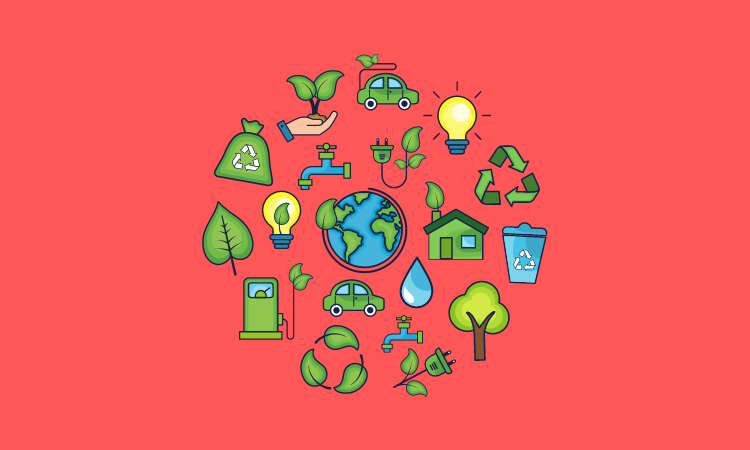Green Finance, Member Exclusive
Committing to plastic neutrality, Marqeta launches recycled card product
- Modern card issuer Marqeta is working towards plastic neutrality.
- It's now offering cards made of recycled plastic and has formed a partnership to offset its plastic footprint.








